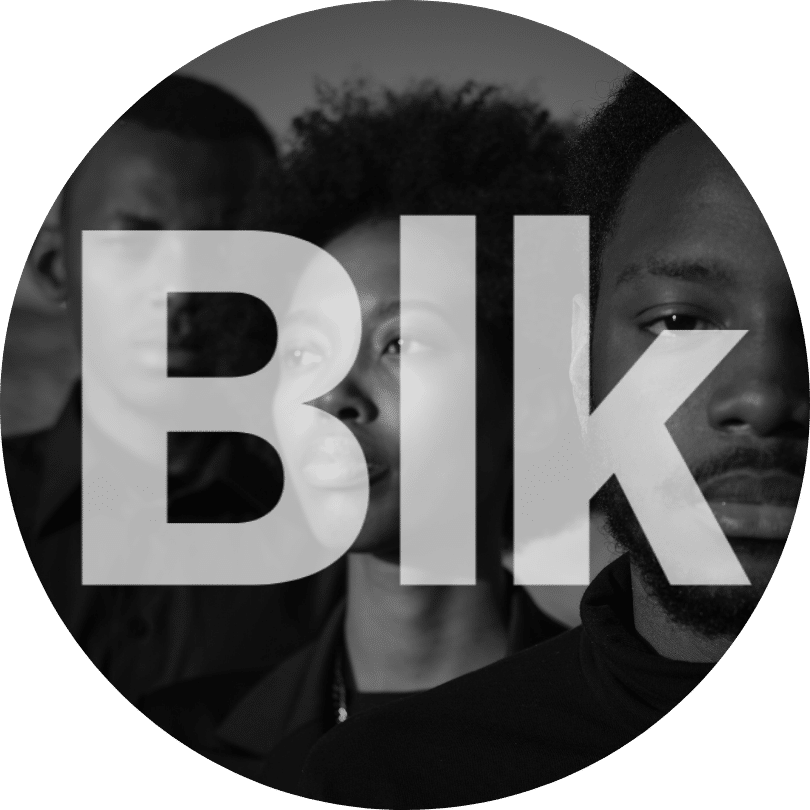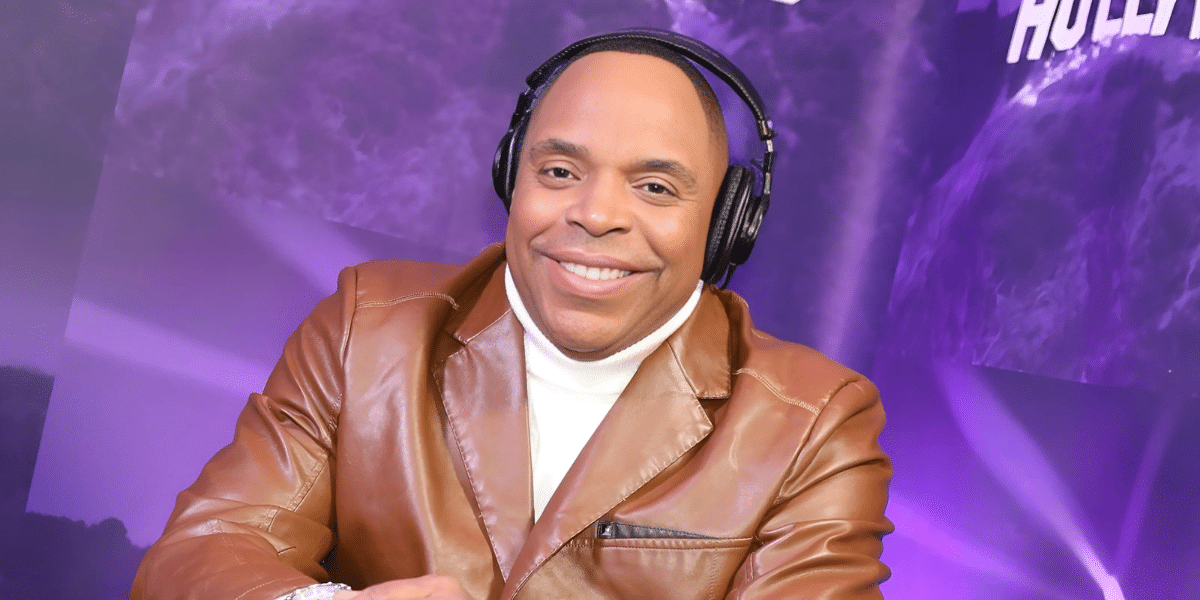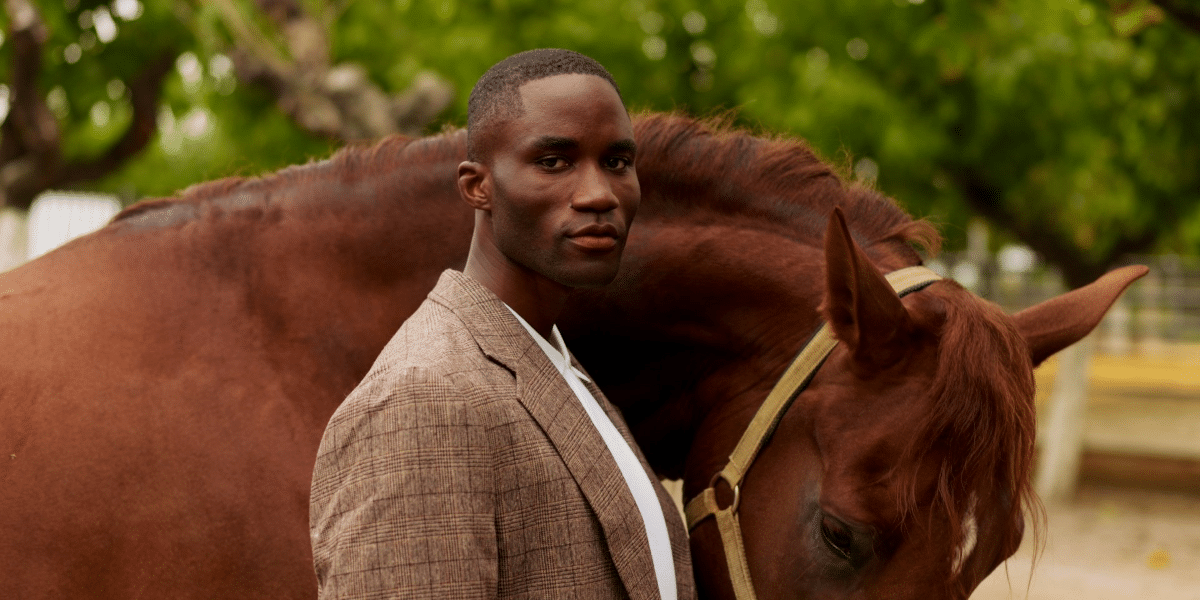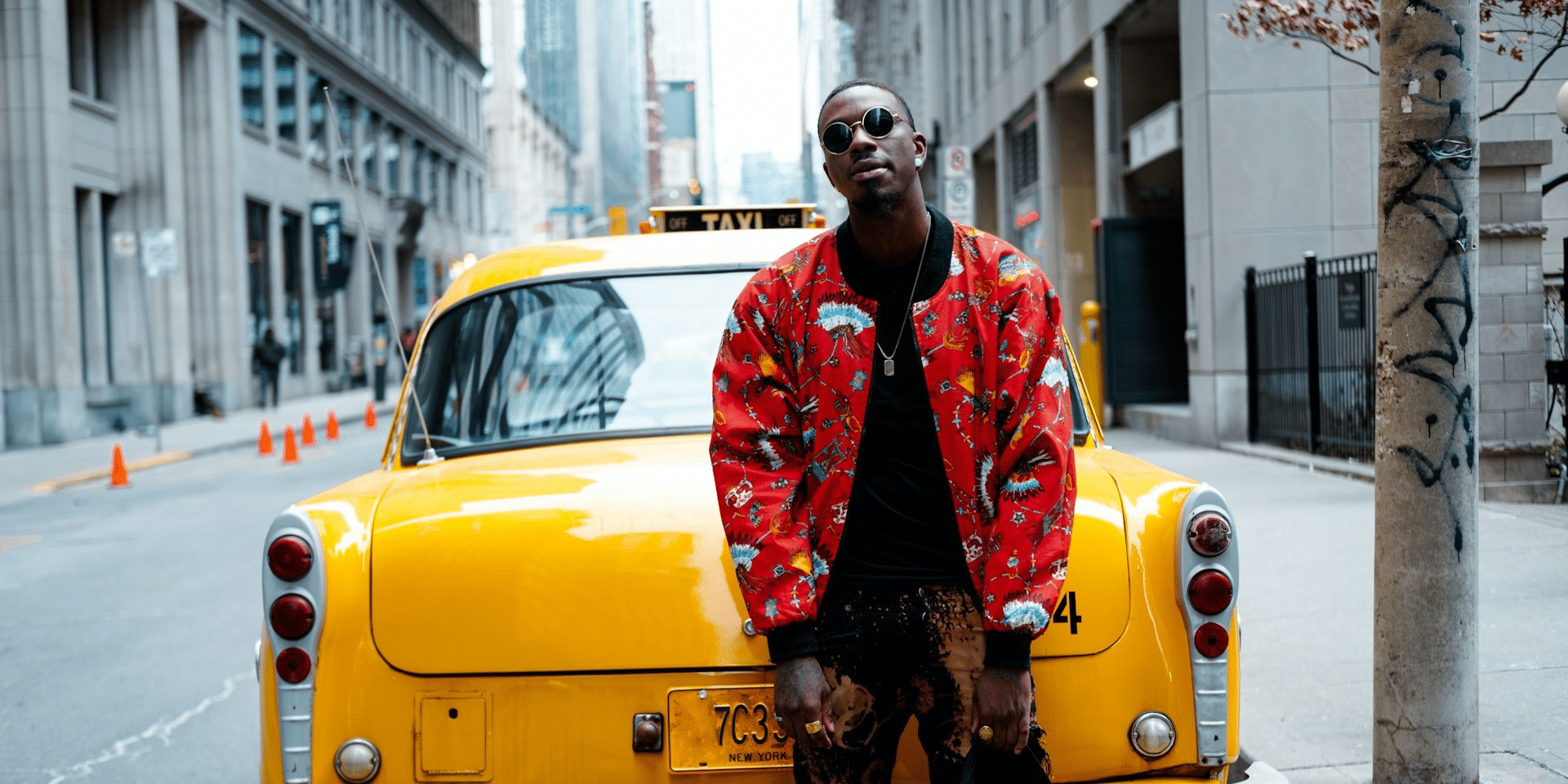In recent years, there has been a resurgence of pride and celebration surrounding natural hair, particularly among Black women. The afro, a symbol of resilience, strength, and cultural identity, has become a powerful statement of self-expression and beauty. In this article, we’ll explore the significance of the afro for Black women and why embracing natural hair is more than just a fashion trend—it’s a celebration of heritage, diversity, and empowerment.
Embracing Natural Hair
For centuries, Black women have been conditioned to conform to Eurocentric beauty standards that prioritize straight hair and Eurocentric features. This pressure to assimilate has led many Black women to chemically straighten or alter their natural hair texture in an attempt to fit in and conform to societal norms. However, in recent years, there has been a growing movement towards embracing natural hair and celebrating the unique beauty of afros, curls, coils, and kinks.
The Power of the Afro
The afro, in particular, holds a special significance for many Black women. Historically, the afro has been a symbol of resistance and empowerment, worn proudly by activists, artists, and cultural icons as a statement of pride and defiance. During the Civil Rights Movement of the 1960s and 1970s, the afro emerged as a powerful symbol of Black pride and solidarity, representing a rejection of Eurocentric beauty standards and a celebration of natural Black beauty.
Cultural Identity and Heritage
For many Black women, wearing their hair in its natural state is not just a fashion choice—it’s a deeply personal expression of cultural identity and heritage. The afro is deeply rooted in African traditions and has been worn by generations of Black women as a symbol of connection to their ancestry and cultural heritage. By embracing their natural hair texture, Black women reclaim their identity and celebrate the beauty and diversity of Black hair in all its forms.
Breaking Stereotypes and Redefining Beauty
The mainstream media has long perpetuated harmful stereotypes and misconceptions about Black hair, portraying it as unprofessional, unkempt, or undesirable. However, the natural hair movement has challenged these stereotypes head-on, showcasing the beauty and versatility of Black hair in its natural state. From afros and braids to twists and locs, Black women are reclaiming their narrative and redefining beauty on their own terms, challenging society’s narrow standards of beauty and embracing their authentic selves.
Empowering Self-Confidence
For many Black women, embracing their natural hair is an empowering act of self-love and self-acceptance. By embracing their God-given texture and wearing their hair proudly, Black women affirm their inherent beauty and worthiness, regardless of societal expectations or standards. The confidence that comes from embracing natural hair radiates from within, empowering Black women to embrace their uniqueness and stand tall in a world that often seeks to diminish their worth.
Inspiring Future Generations
Perhaps one of the most significant impacts of the natural hair movement is its ability to inspire future generations of Black girls to embrace their natural beauty and love themselves just as they are. By seeing positive representations of Black hair in the media and in their communities, young Black girls are encouraged to embrace their curls, coils, and kinks from a young age, instilling a sense of pride and confidence that will carry them through life.
In Summary
The celebration of Black women and their beautiful afros is a powerful testament to the resilience, strength, and beauty of Black culture. By embracing their natural hair and reclaiming their narrative, Black women are challenging stereotypes, redefining beauty, and inspiring future generations to love themselves just as they are. The afro is more than just a hairstyle—it’s a symbol of pride, identity, and empowerment that celebrates the rich diversity and heritage of Black women around the world. So, here’s to celebrating Black women and their beautiful afros, today and every day.







